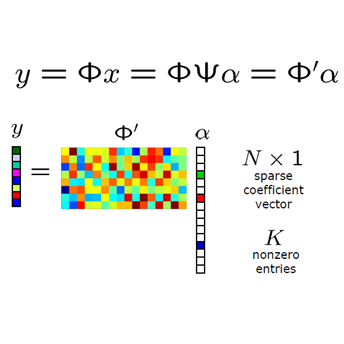Unsourced random access (URA) is a recently proposed communication paradigm attuned to machine-driven data transfers. In the original URA formulation, all the active devices share the same number of bits per packet. The scenario where several classes of devices transmit concurrently has so far received little attention. An initial solution to this problem takes the form of group successive interference cancellation, where codewords from a class of devices with more resources are recovered first, followed by the decoding of the remaining messages. This article introduces a joint iterative decoding approach rooted in approximate message passing. This framework has a concatenated coding structure borrowed from the single-class coded compressed sensing and admits a solution that offers performance improvement at little added computational complexity. Our findings point to new connections between multi-class URA and compressive demixing. The performance of the envisioned algorithm is validated through numerical simulations.
翻译:无源随机存取(URA)是最近提议的一种通信模式,与机器驱动的数据传输相适应。在最初的 URA 配方中,所有活动设备每个包的比特数相同。一些类型的设备同时传输的假设迄今为止很少引起注意。这个问题的初步解决办法是集体连续取消干扰,首先从资源较多的一类设备中回收编码,然后解码其余信息。本文章引入了一种共同迭代解码方法,其根基是传递近似信息。这个框架有一个从单级编码压缩感测中借用的组合编码结构,并承认一种在少量增加的计算复杂性下提供性能改进的解决方案。我们的调查结果指出,多级 URA 和压缩解密之间有了新的联系。所设想的算法的性能通过数字模拟得到验证。


